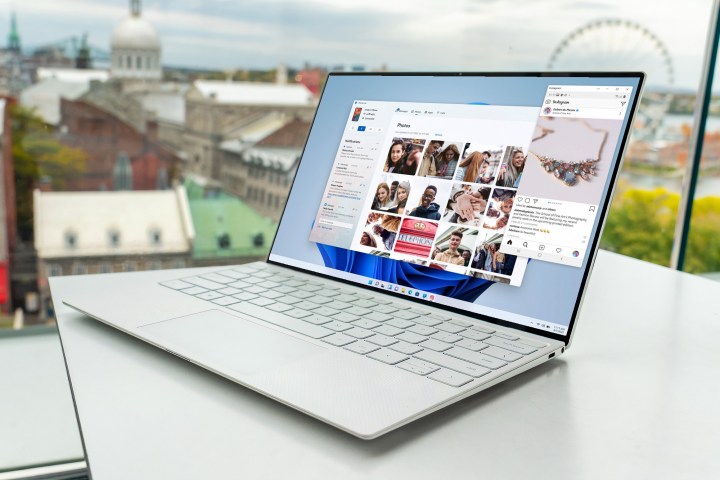
Microsoft has started rolling out a helpful Suggested Replies feature in the Phone Link app that gives users AI-powered text suggestions for quick replies to their messages, the software giant stated in a Support blog post.
The new feature uses Microsoft’s Cloud AI models to create short replies to specific messages, resulting in faster response times. It is rolling out in Phone Link version 1.24082.137.0 for Windows 11 24H2 and 23H2. You don’t need to be in the Windows Insider Program to try out the feature, but you won’t see the Suggest Replies feature on all messages. You’ll only see the suggestions when the Phone Link’s AI can understand the message.
For example, you won’t see the replies if the message is too long, if it notices a URL, if you get a message with offensive content, or if it is an OTP (one-time password) message. Microsoft states: “Once a user navigates to a text conversation in Phone Link, their recent text messages are uploaded to a Microsoft service to provide suggested replies within the conversation window. The customer texts are collected to provide this service and for Microsoft to improve the experience and monitor for safety and security purposes.”

Microsoft also relies on user feedback when the suggested replies don’t meet user expectations to improve it in the future. However, Microsoft also warns users that AI can make mistakes; therefore, users are encouraged to double-check their responses before choosing one. If you want to opt out of Suggested Replies, you can go into the app’s settings and choose Features > Suggested Replies.
So far, there is no official information on when the feature will finish rolling out to all users. If you’re unfamiliar with the app, try our handy guide and discover how to get more out of the app.



